Boss Wagner Prigozhin was once considered a "talented businessman" close to President Putin, before launching a rebellion to challenge the Kremlin.
Yevgeny Prigozhin and several senior executives of the private military conglomerate Wagner were confirmed dead in a plane crash northwest of Moscow on August 23. The incident occurred two months after Mr. Prigozhin led a failed uprising that posed an unprecedented challenge to President Vladimir Putin.
In comments on the plane crash on August 24, President Putin praised Wagner, who had appeared alongside him many times, as a "talented and talented" businessman who had also made some mistakes.
Prigozhin was born in Leningrad, now St. Petersburg, in 1961 to a Jewish father. In 1979, Prigozhin was arrested for petty theft at the age of 18. Prigozhin was subsequently in and out of prison several times, serving a total of nine years in prison before being pardoned in 1988.
After his release, Prigozhin started his business career with a sausage shop in St. Petersburg, then founded a restaurant and catering company called Concord. Prigozhin's restaurant attracted many famous people in the city, including Deputy Mayor Vladimir Putin, a "regular" there.
The relationship between the two gradually became close, to the point that after Mr. Putin became President of Russia, Prigozhin was hired to provide full cooking and table service for high-level Kremlin events.
Prigozhin's restaurant was the place where Putin had dinner with French President Jacques Chirac in 2001, as well as hosting many other world leaders. This is the reason why Prigozhin was nicknamed "Putin's Chef" by the Western media and became close to the Russian President.
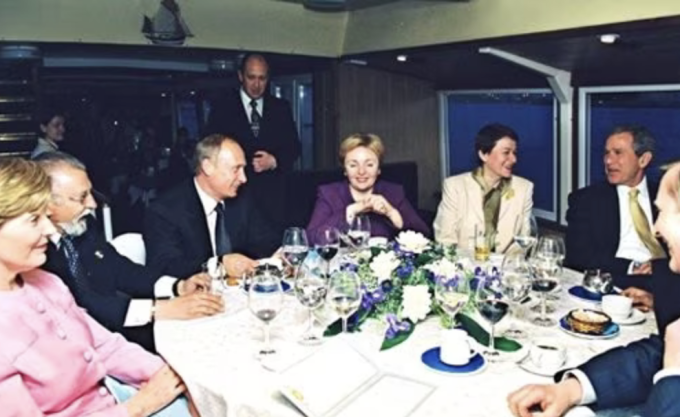
Russian President Vladimir Putin dines at Prigozhin's New Haven restaurant in St. Petersburg in the early 2000s. Photo: Kremlin
Thanks to his closeness to President Putin, Mr. Prigozhin was able to receive large contracts, supplying food to government offices, the military and even school canteens. Concord's food supply contract for Russian schools alone is worth up to $2 billion, according to Kompas .
In 2014, as the Maidan protests in Ukraine intensified and relations between Moscow and Kiev became strained, Prigozhin began to venture into the security sector. He teamed up with Dmitry Utkin, a former Russian special forces lieutenant colonel, to set up a private military company, recruiting former soldiers to sign contracts as “mercenaries.”
The company, named Wagner, after Utkin's code name, carried out various missions for the Kremlin, especially those beyond the capabilities of the security services.
Wagner fighters are believed to have been involved in ensuring security for the 2014 referendum on annexing the Crimean peninsula to Russian territory, as well as providing military support to separatist forces in the Donbass region of eastern Ukraine fighting Kiev's government troops.
Prigozhin admitted as much last year, arguing that he founded Wagner because the quality of Russian volunteers who went to support separatists in eastern Ukraine after 2014 fell short of expectations.
Mercenary organizations are banned under Russian law, but Wagner persists and continues to expand its operations. Since 2018, Wagner has signed numerous security and military assistance contracts with the governments of the Central African Republic and Mali, and has also acquired mining rights for minerals such as oil, diamonds, gemstones, and gold in these countries.
With some 5,000 fighters deployed to Africa, Wagner is believed to play a huge role in maintaining and expanding Russia’s political, military and economic influence in Africa. Many African countries that do business with Wagner have refused to condemn Russia’s war in Ukraine, nor have they joined Western sanctions against Moscow.
President Putin and Kremlin spokesman Dmitry Peskov have for years said they knew about a Russian “businessman” operating in African countries, but have not officially acknowledged the relationship. But on August 24, Putin confirmed that Prigozhin had been doing business in Africa in the fields of oil and gas, precious metals and gems.
It wasn’t until the summer of 2022 that news of Wagner’s involvement in Ukraine emerged. Within weeks, Prigozhin had been visiting Russian prisons in an effort to recruit inmates to sign contracts to fight. Kremlin spokesmen said he was a “major contributor” to the campaign in Ukraine.
Prigozhin also admitted for the first time that he was the founder of Wagner, and announced that he would support the Russian army on the battlefield in Ukraine. In November 2022, Prigozhin opened Wagner's headquarters in St. Petersburg.
However, his criticism of the Russian Defense Ministry became increasingly harsh. He complained that the Russian military leadership refused to acknowledge Wagner's contribution to the war. He accused Defense Minister Sergey Shoigu and Chief of the General Staff Valery Gerasimov of failing to provide Wagner with ammunition while the group was engaged in fierce fighting in Bakhmut.
Tensions continued to escalate even as Russia took control of the city of Bakhmut and Wagner retreated to its base to consolidate its forces. When the Russian Defense Ministry issued a directive requiring Wagner fighters to sign military service contracts, Prigozhin strongly objected. As the conflict reached a boiling point, he even openly questioned the goals of President Putin’s Ukraine campaign launched in late February 2022.
On June 23, Prigozhin announced a “march of justice” to Moscow to demand the resignations of Defense Minister Shoigu and Chief of the General Staff Gerasimov. The uprising was seen as a sign of Prigozhin’s desperation, and the tycoon had, on a whim, put himself at odds with President Putin.
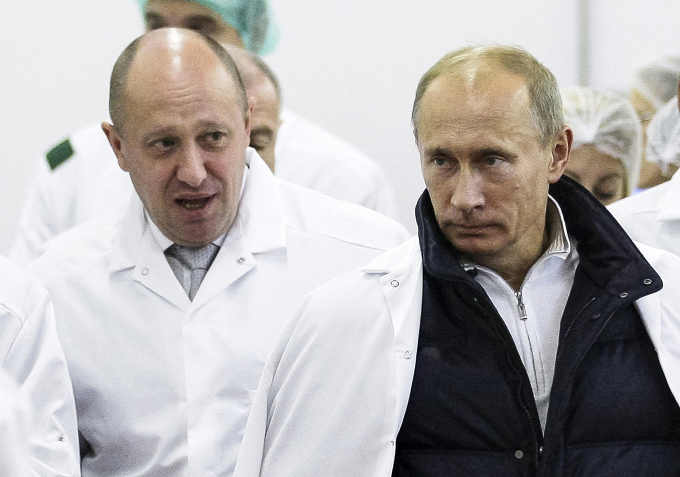
President Putin (right) and Yevgeny Prigozhin near St. Petersburg, Russia in 2010. Photo: Kremlin
On the way, Wagner forces shot down several military aircraft and killed 15 Russian soldiers. The rebellion angered President Putin, who called them "traitors" and "stabbed the country in the back."
Although the rebellion ended after a day with a troop withdrawal agreement brokered by the Belarusian president, observers said it created an irreparable rift between Prigozhin and President Putin after three decades of acquaintance.
Prigozhin's actions "directly challenged the Kremlin and Putin, even though Wagner has always declared his loyalty to the president," said Russian analyst Dmitry Kolezev.
The Kremlin has denied any suggestion that it ordered Prigozhin's murder in the crash, insisting that the Wagner group had made a significant contribution to the campaign in Ukraine. "The Russian president has said that their heroism will never be forgotten," spokesman Peskov said.
Thanh Tam (According to BBC, Kompas, Washington Post )
Source link


![[Photo] General Secretary To Lam holds talks with General Secretary and President of China Xi Jinping](https://vstatic.vietnam.vn/vietnam/resource/IMAGE/2025/4/14/b3d07714dc6b4831833b48e0385d75c1)
![[Photo] Reception to welcome General Secretary and President of China Xi Jinping](https://vstatic.vietnam.vn/vietnam/resource/IMAGE/2025/4/14/9afa04a20e6441ca971f6f6b0c904ec2)
![[Photo] National Assembly Chairman Tran Thanh Man meets with General Secretary and President of China Xi Jinping](https://vstatic.vietnam.vn/vietnam/resource/IMAGE/2025/4/14/4e8fab54da744230b54598eff0070485)
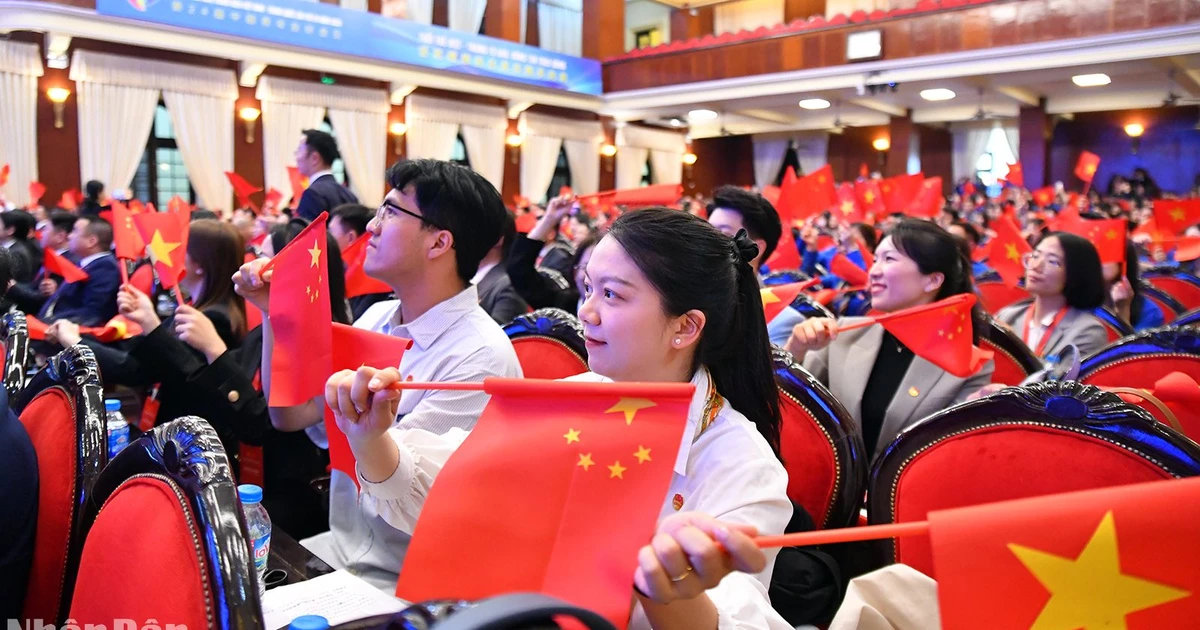
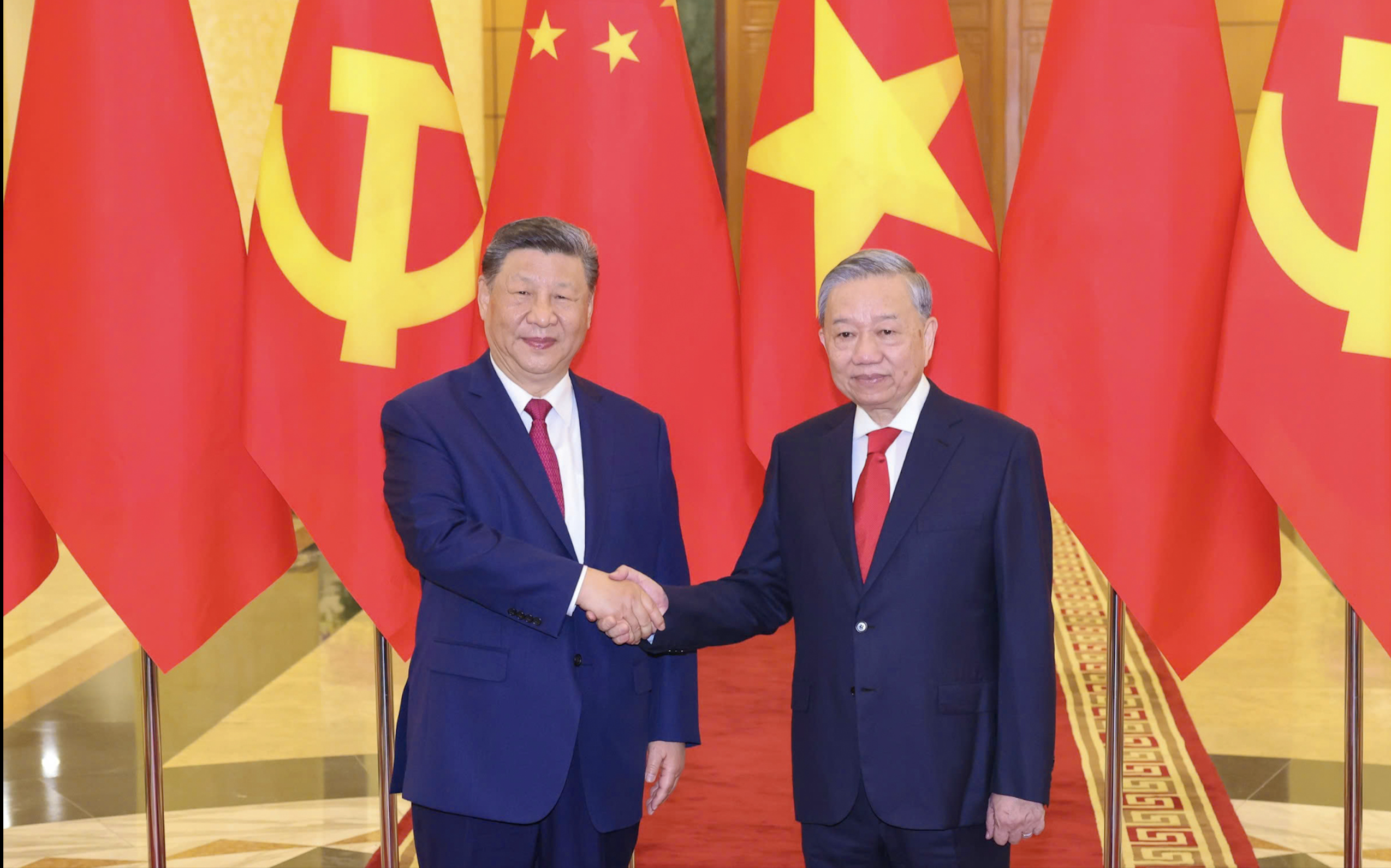
![[Photo] Prime Minister Pham Minh Chinh meets with General Secretary and President of China Xi Jinping](https://vstatic.vietnam.vn/vietnam/resource/IMAGE/2025/4/14/893f1141468a49e29fb42607a670b174)
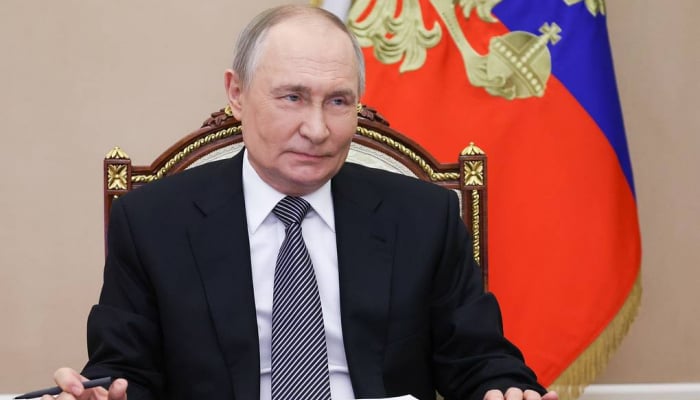

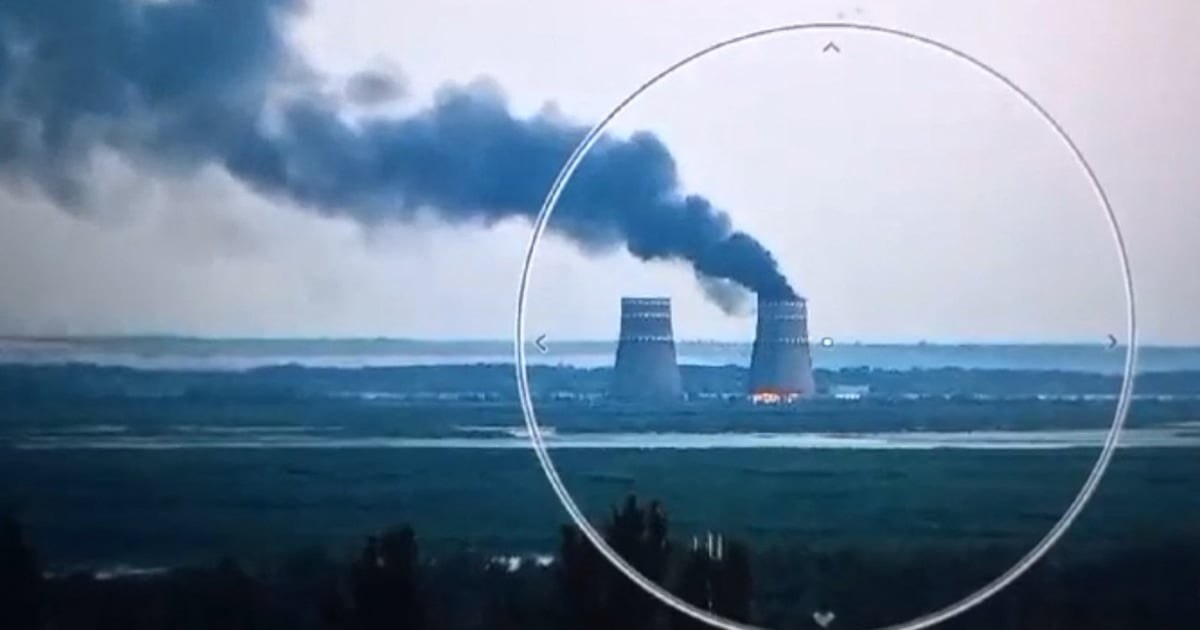

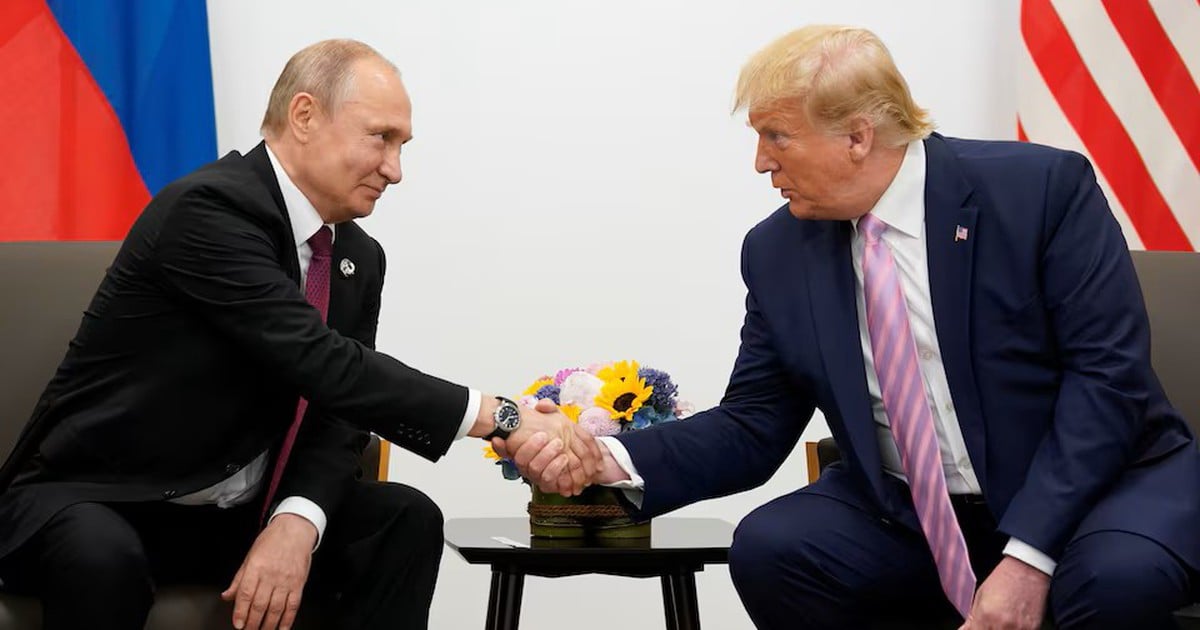
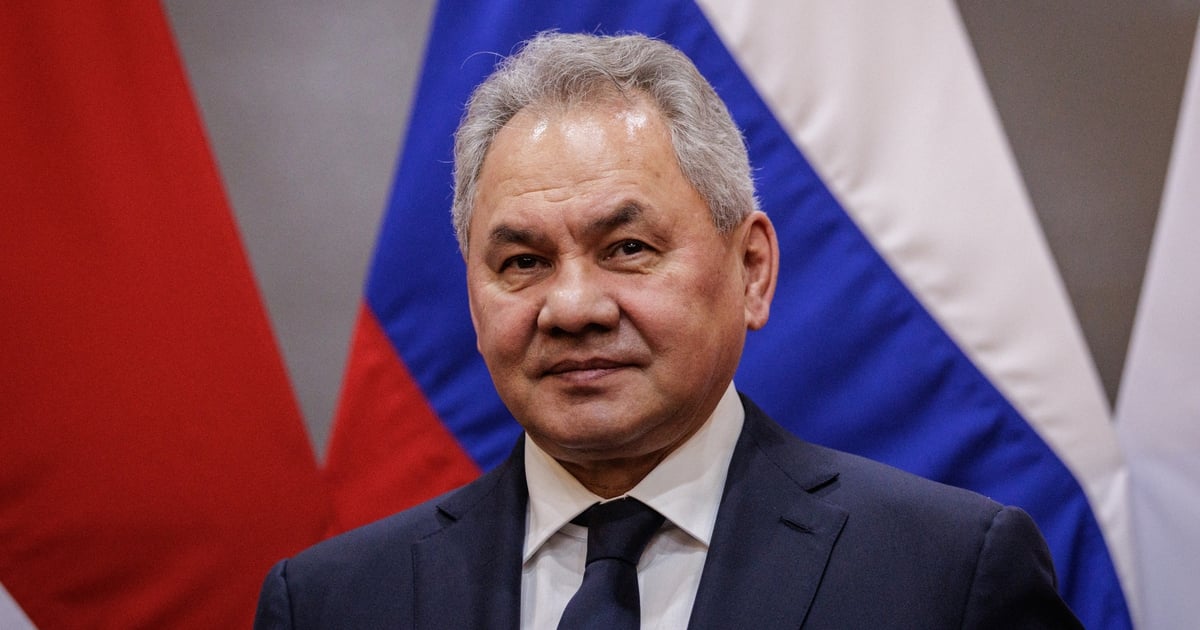
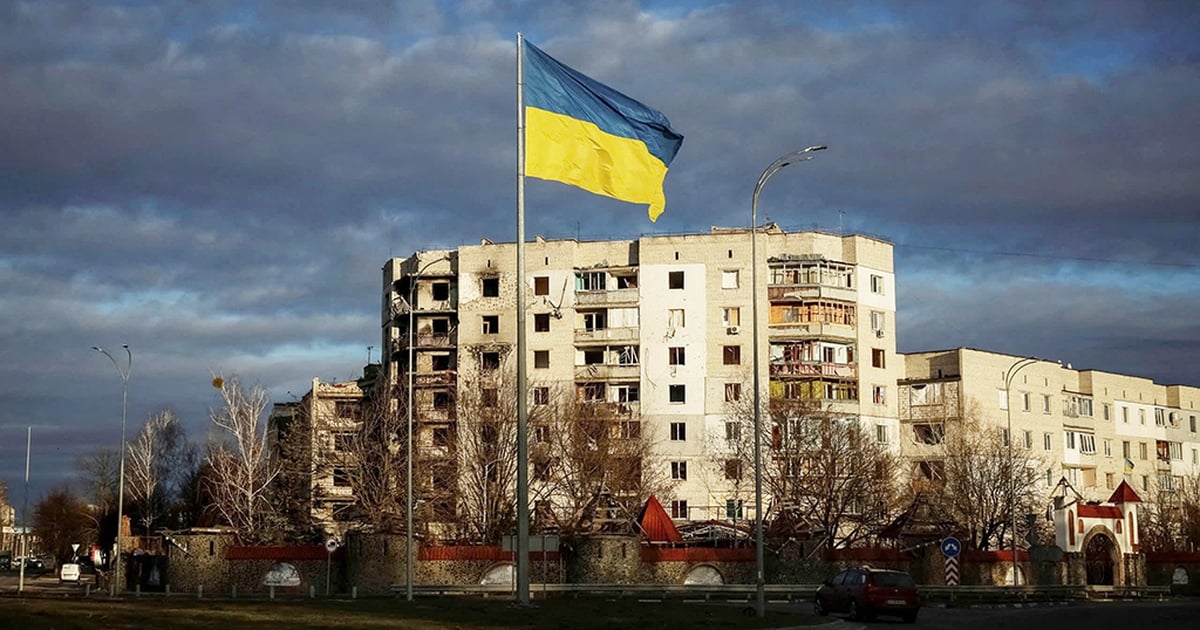
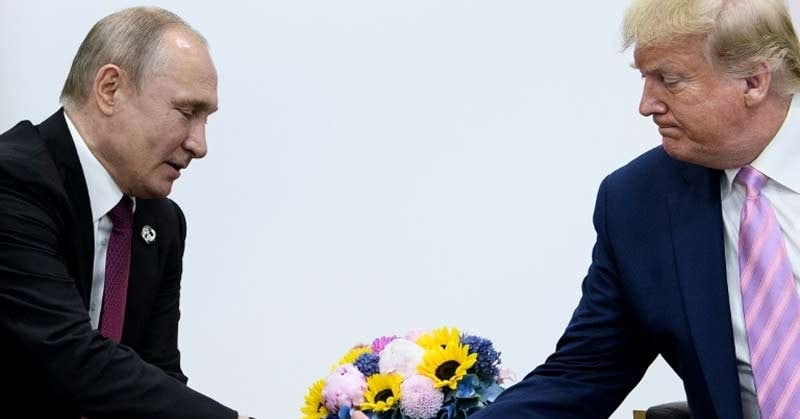

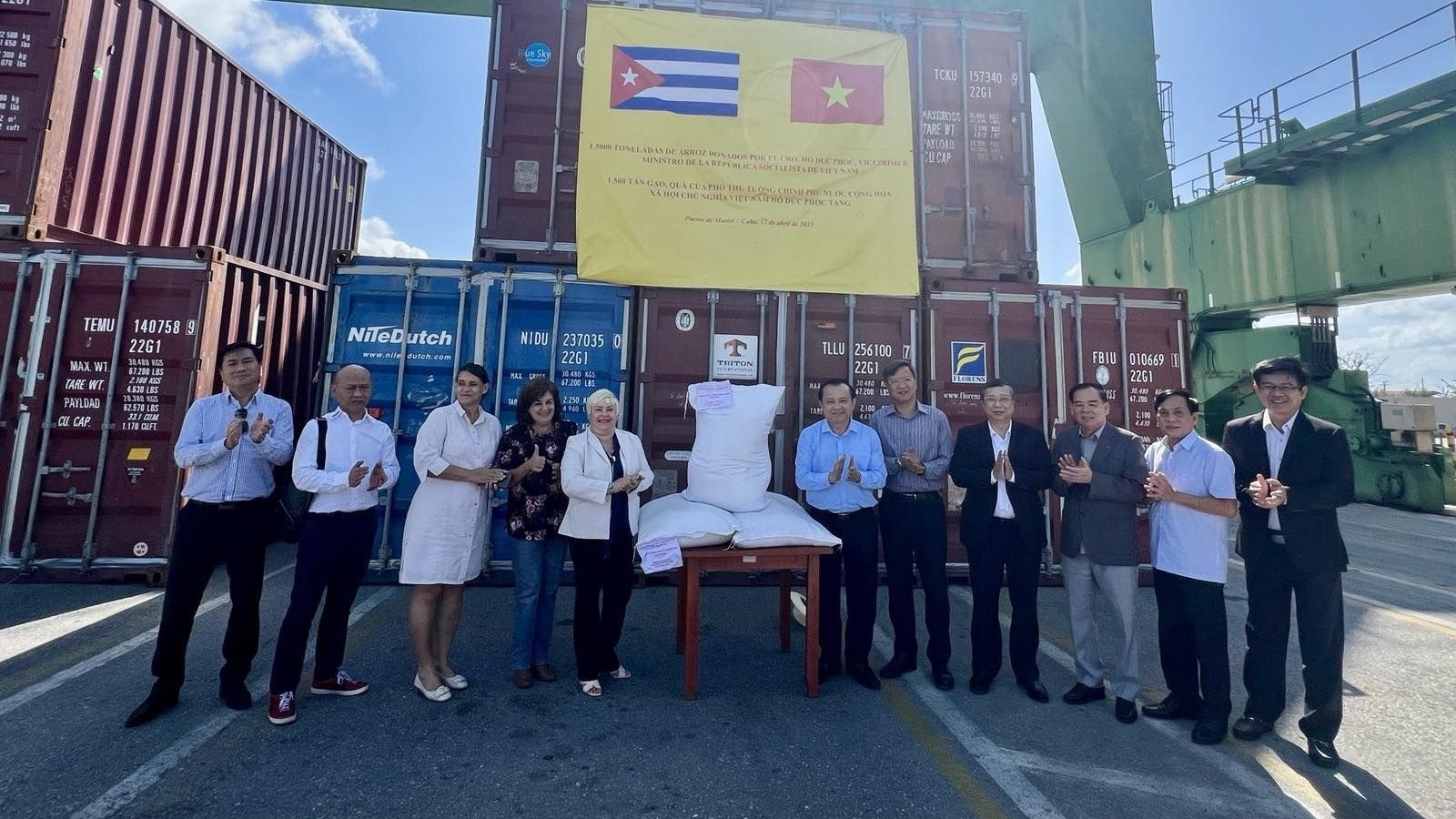
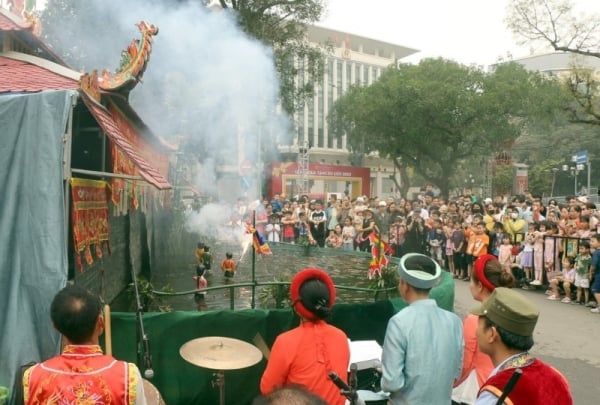
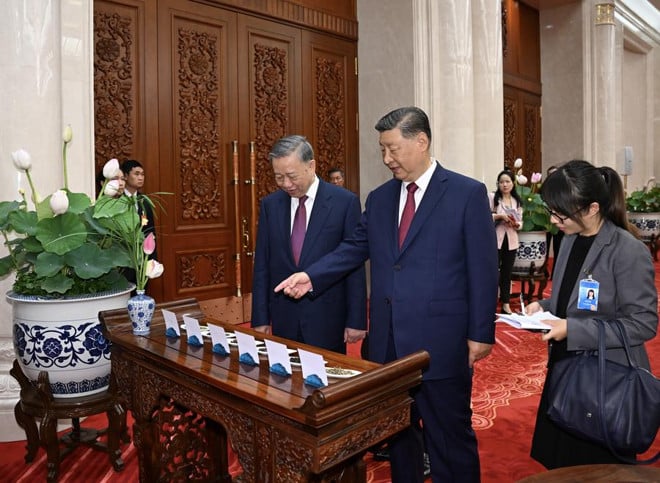

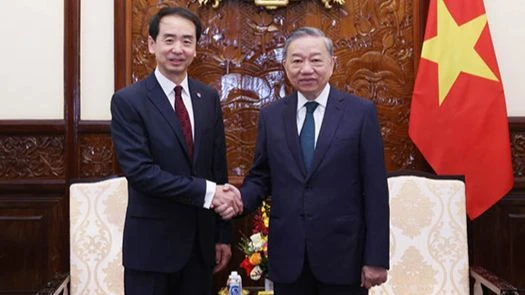
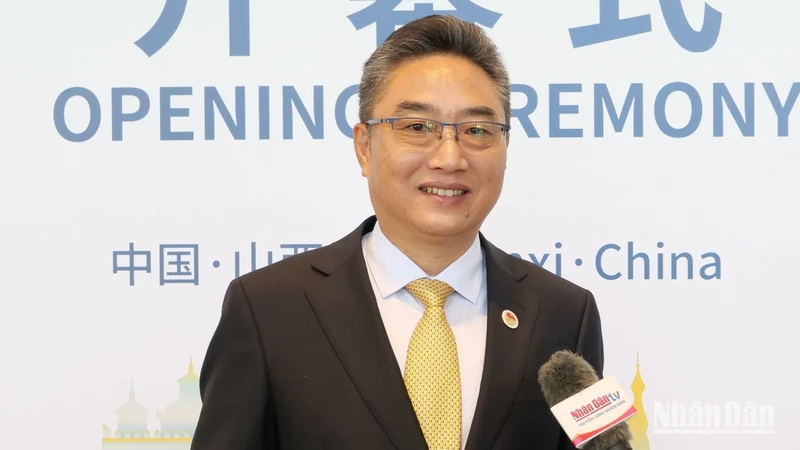
























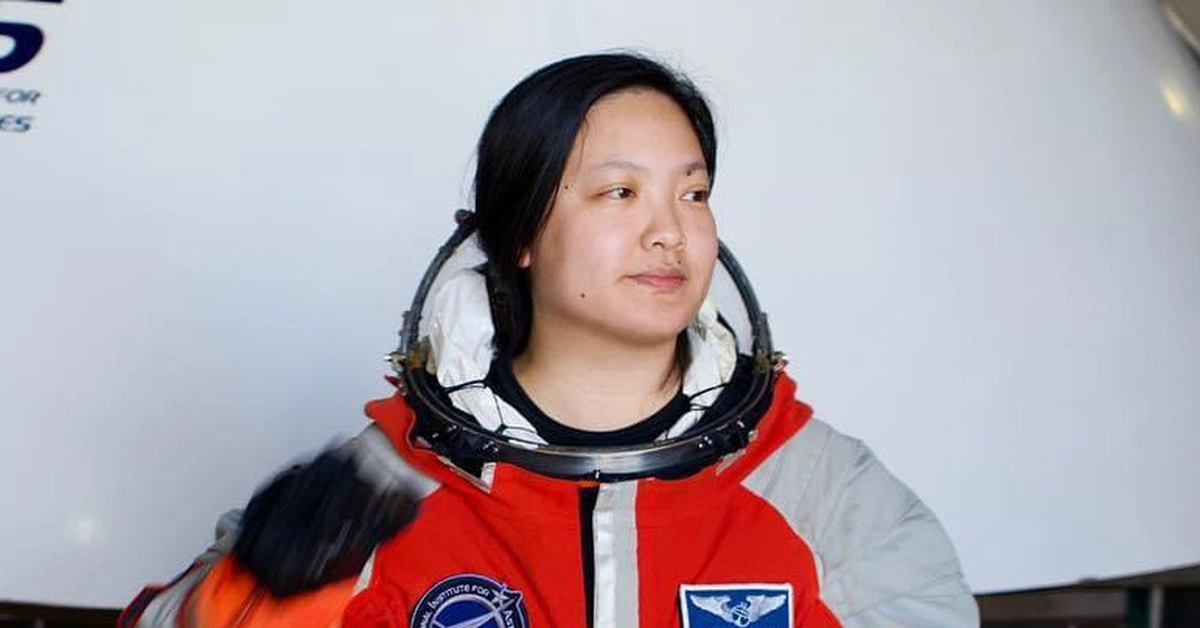

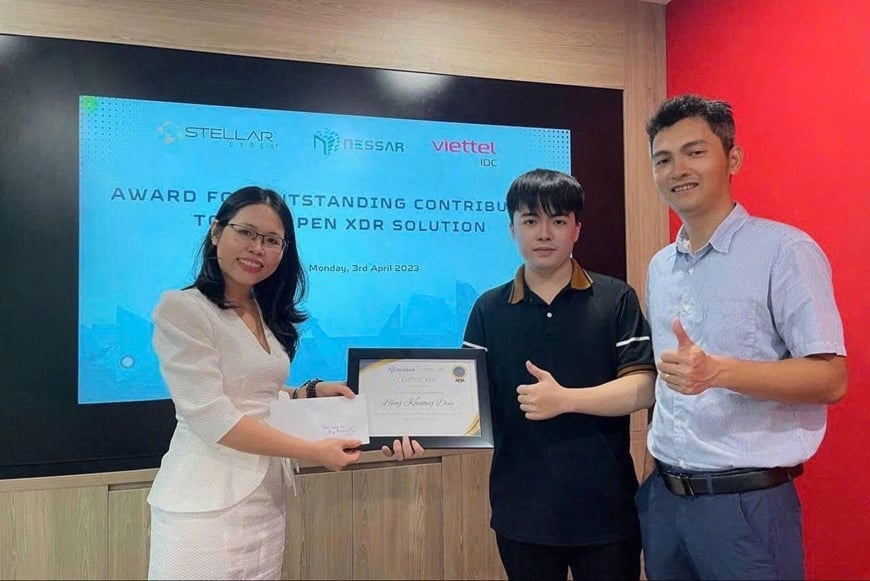

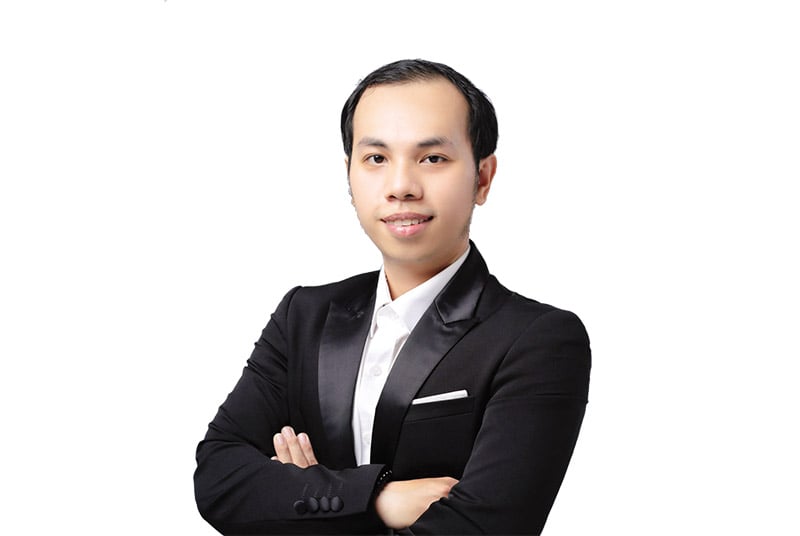










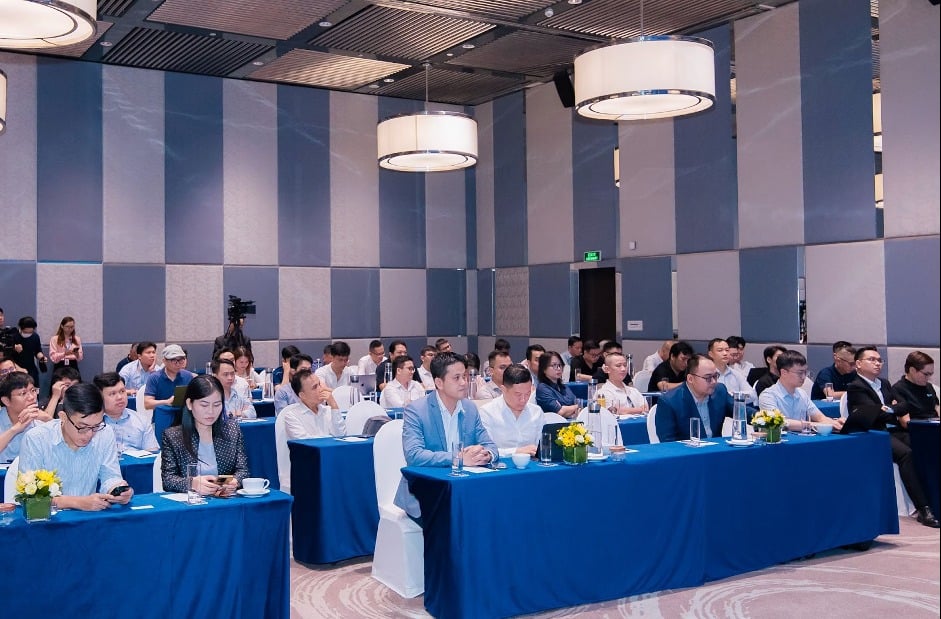


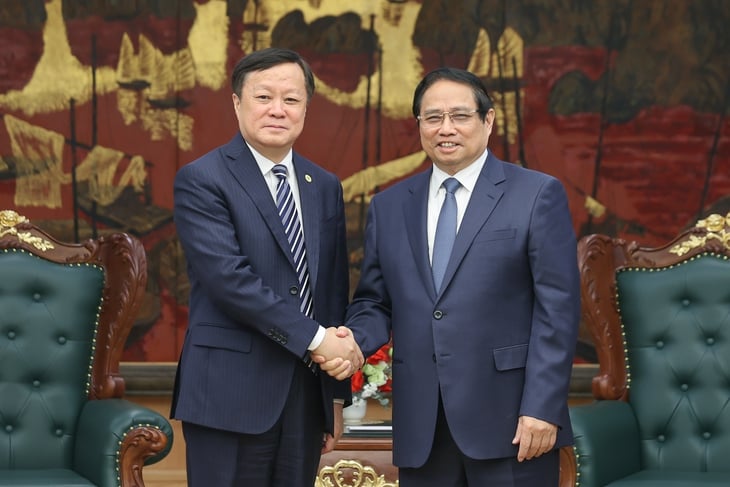
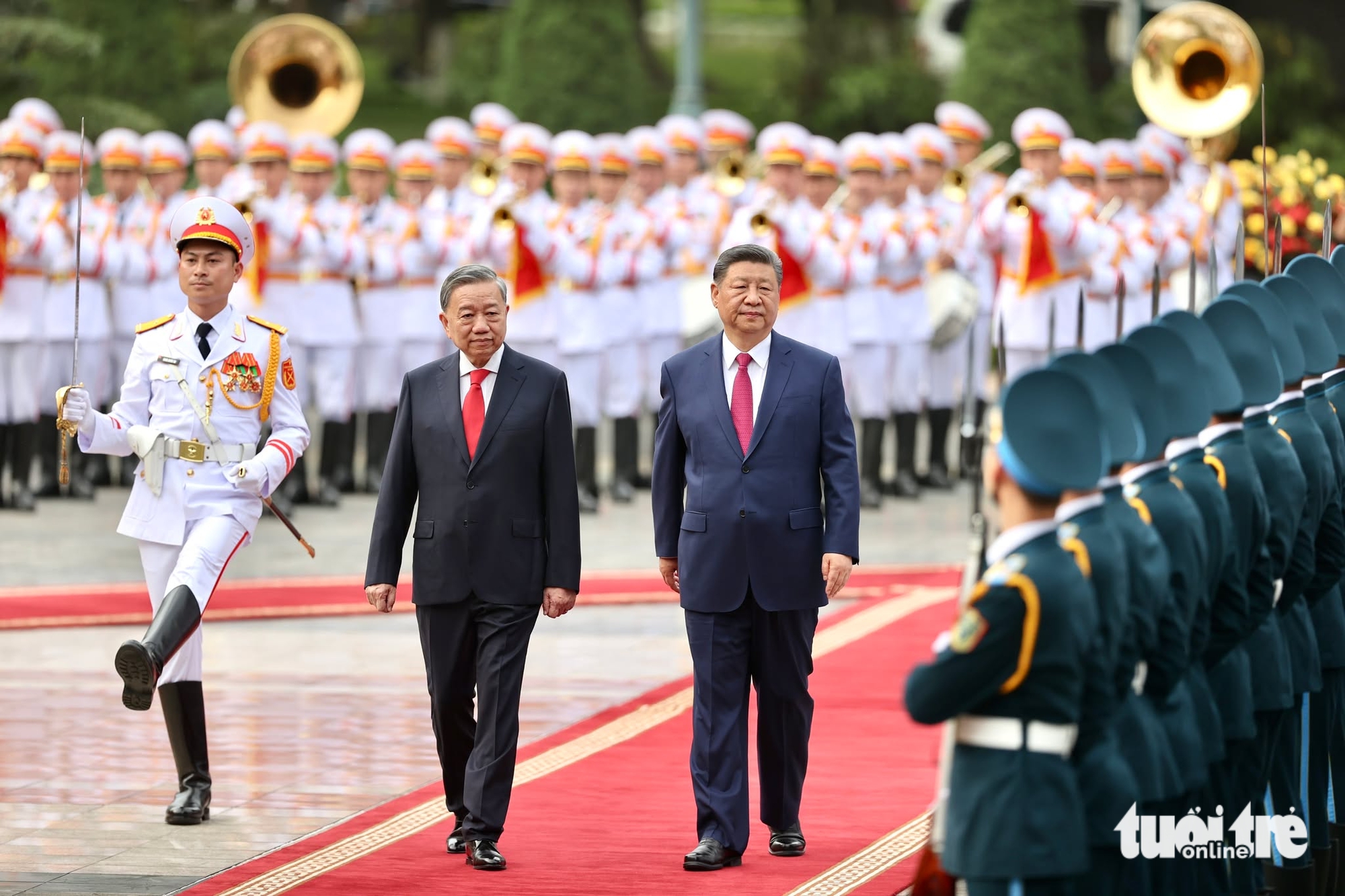
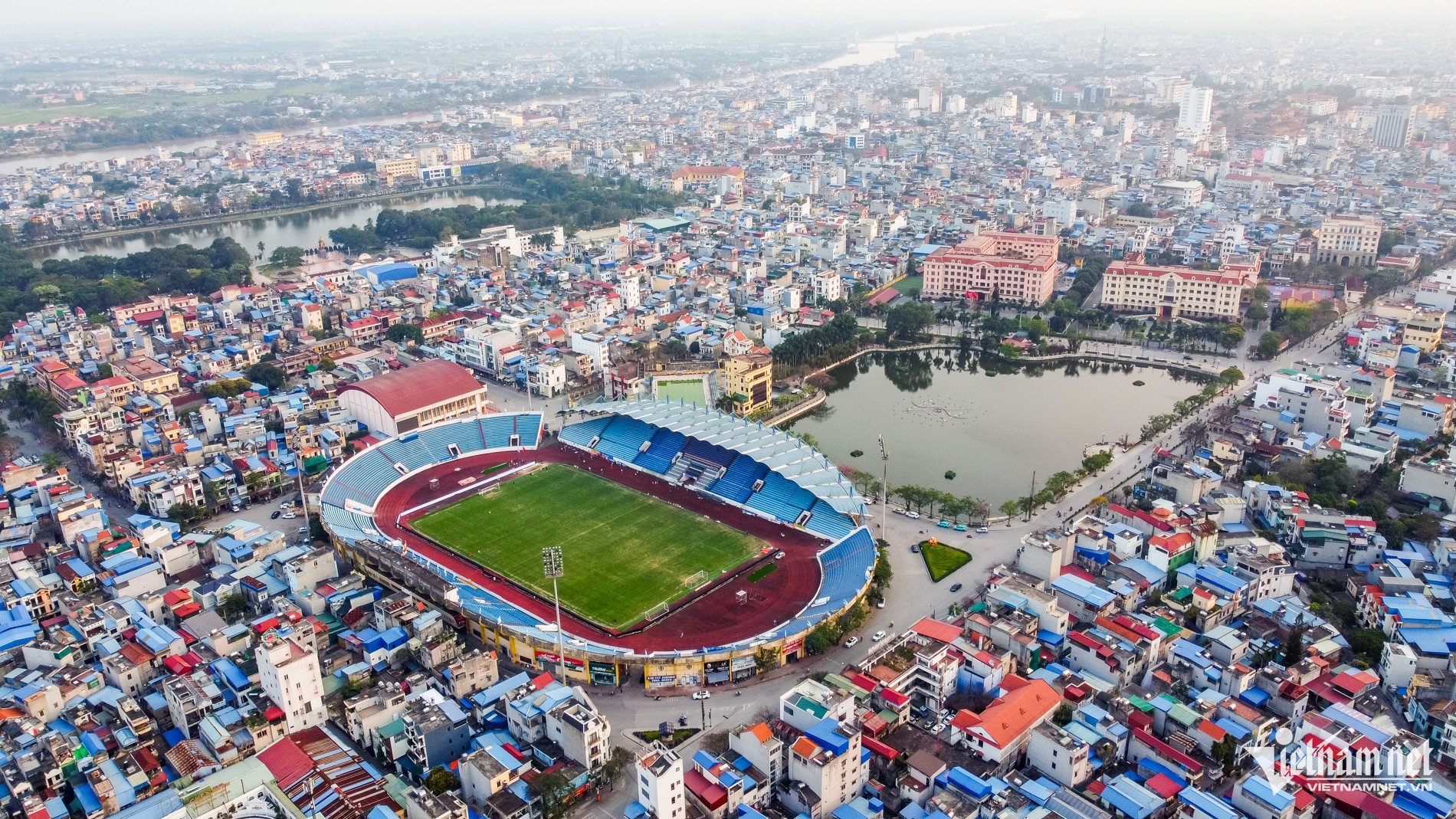
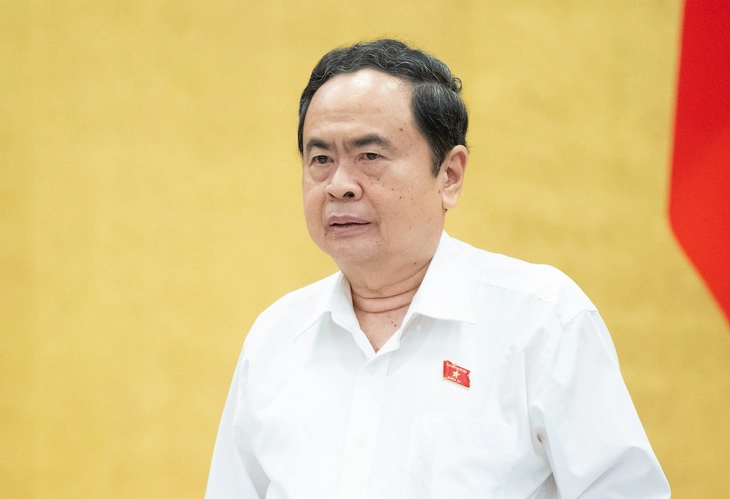


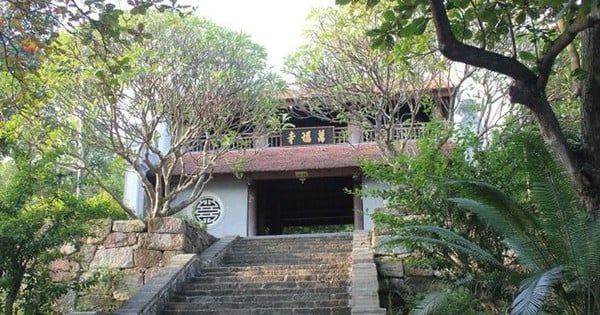
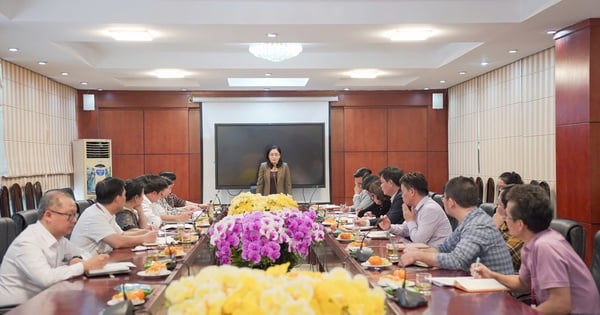
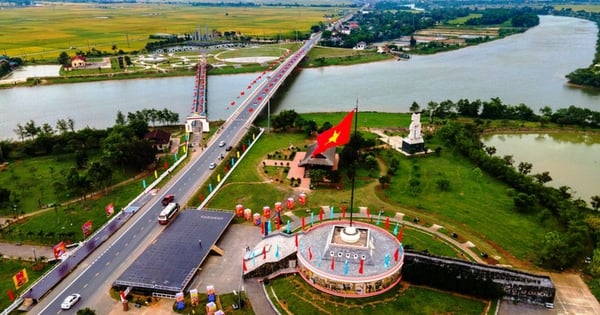
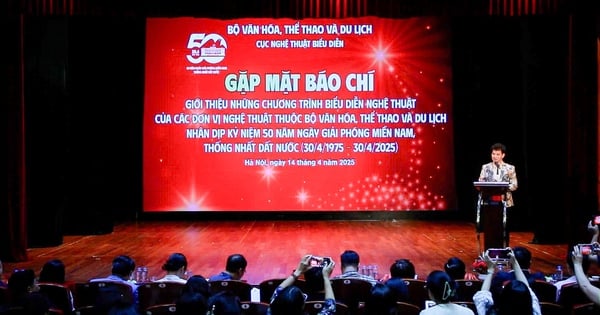
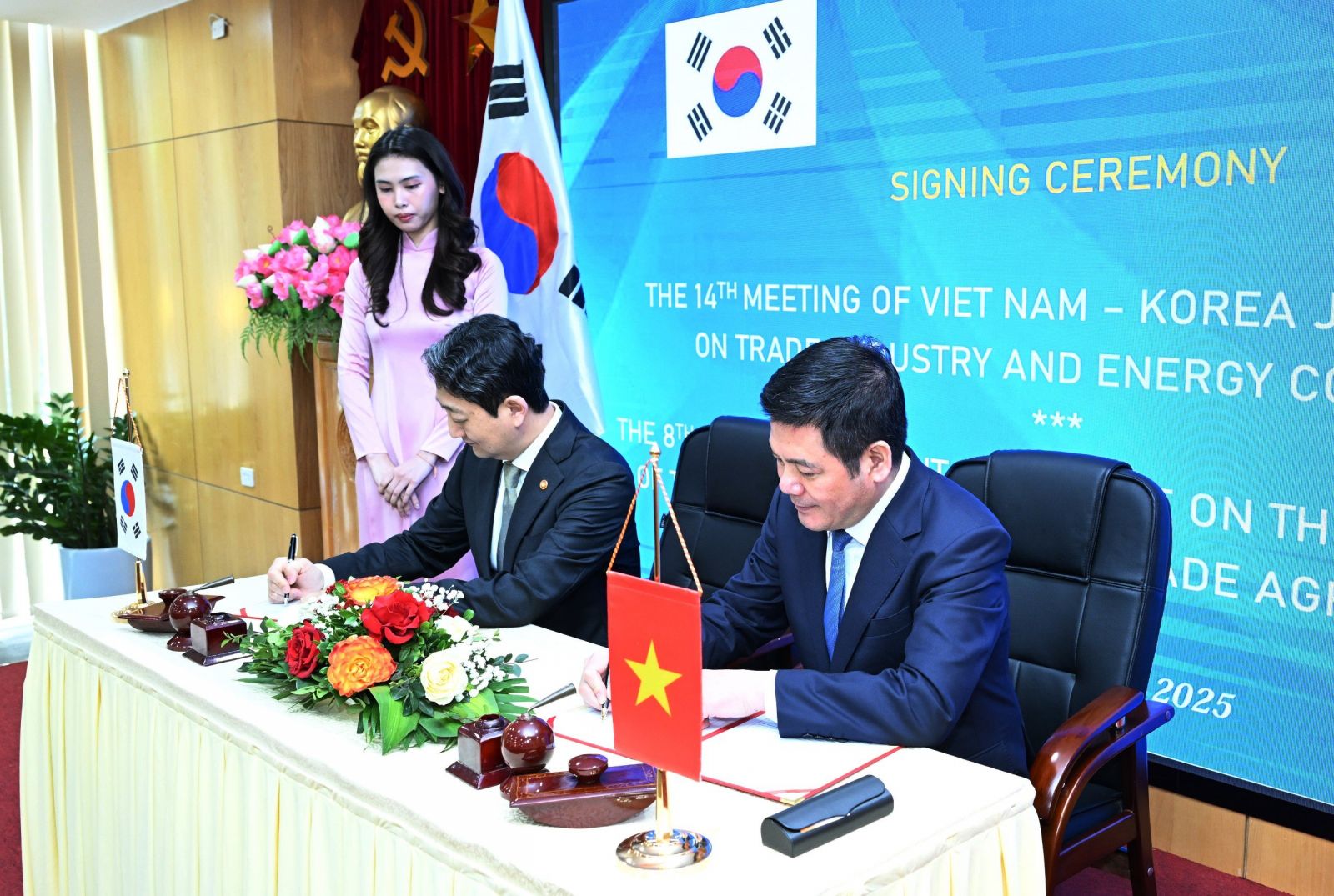

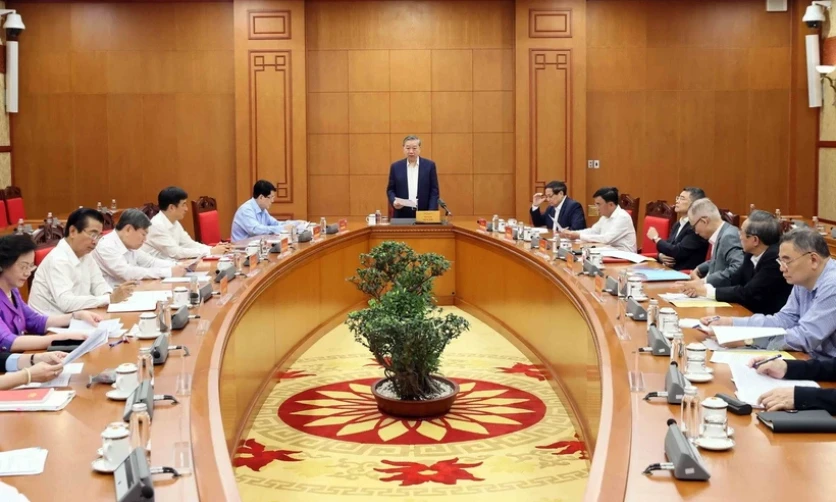



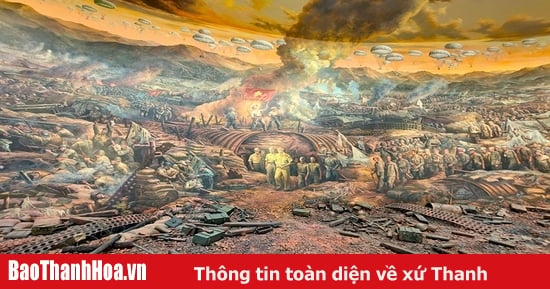












Comment (0)